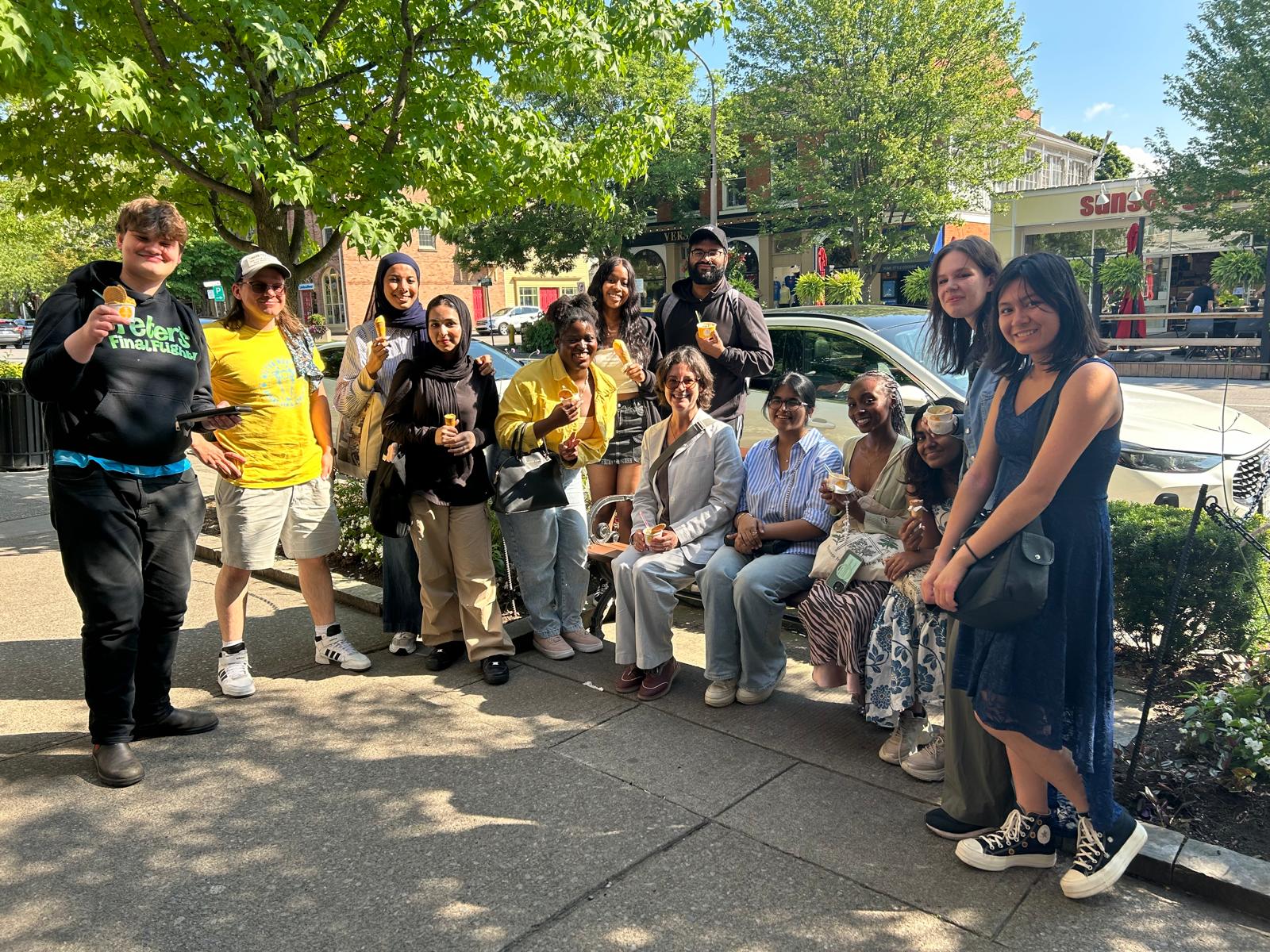Many of us have encountered Shakespeare in a high school English class, learning about iambic pentameter and analyzing soliloquies whilst trying to memorize some spectacular Elizabethan-age insults. But the question as to Shakespeare’s relevance to contemporary literature remains: should we still read his works?
Professor Deanne Williams, a distinguished literary scholar, author, researcher and lecturer, gave an in-depth interview to Excalibur about her courses offered through the English department at York, and her most recent publications. She teaches Drama (EN 2140) and Shakespeare (EN 3535) as experiential courses, allowing students the opportunity to “see live performances of Shakespeare” at various theatres, which is something she has been doing since 2000 when she began teaching Shakespeare at York.
On the importance of having experiential components to theatre courses and seeing various reimaginings, Williams explains: “Many of [the performances] are adaptations of Shakespeare, which for me is evidence of ongoing engagement with Shakespeare that extends into all of the arts. I think seeing an adaptation opens up Shakespeare to the audience: you witness an artist’s dialogue with Shakespeare, which moves beyond the distanced and reverential reading that can sometimes occur in the classroom.”
The performances are certainly curated for her students with careful consideration of their impact and uniqueness, challenging students’ perceptions of Shakespearean theatre. This past summer, Williams took her students to see various performances at Stratford, as well as Raoul Bhaneja’s one-man performance of Hamlet at Soulpepper Theatre. Students also had the chance to ask Bhaneja questions during his classroom visit, further extending the opportunity for engagement beyond just the books.
For many, however, Shakespeare not only seems daunting, but outdated. Compared to many current playwrights who address important contemporary issues, how does Shakespeare measure up?
“Shakespeare is universal not because he represents some outmoded European ideology that was once imposed on others as being universal, but because people all over the world, from the time that he was writing in Renaissance London to today, find that he is addressing precisely the things that trouble us and make us tick as humans,” Williams explains.
When looking at her syllabus for EN 3535, students will notice that the course aims to focus on themes of “New World exploration and colonialism; definitions and ideologies of race, class, gender, and sexuality; classical literature and the world of learning, concepts of English history and national identity; monsters, witches, magic and the marvelous.”
These themes carry the same importance for us today as they have for centuries of past scholars. Williams addresses why this is the case: “For Shakespeare, issues of what we now call ‘diversity, equity, and inclusion’ are part of his DNA. We read and perform Shakespeare not to hide from or deny contemporary questions and concerns, but to address them head on, to find new vocabularies for them and imaginative ways of exploring them, and to understand that questions that we are continuing to ask in our own time were compelling ones for Shakespeare too.”
These sentiments are certainly mirrored by directors and playwrights, as this past year there were “no less than three very different productions of Hamlet” held in Toronto, one of which was the Guillaume Côte and Robert Lepage ballet, which gained global renown.
As for her own groundbreaking work, Williams has spent years publishing on ‘Girl Studies’ in the modern English period. Her feminist scholarship sheds light on “girl actors, performers, and writers, from the tenth century to the seventeenth century,” the most recent of which is her monograph, Girl Culture in the Middle Ages and Renaissance, which explores girlhood in Shakespeare’s time.
“People thought for a long time that girls were basically hidden away and dismissed; I show instead that girls were a very important part of the literary, musical, and dramatic culture, and how their contributions have been long hiding in plain sight,” Williams says.
Alongside her numerous publications, Williams also has myriad projects of great importance and interest: she is editing one of Shakespeare’s lesser-known plays, Two Noble Kinsmen, whilst working on a searchable database titled the GEEs Project (Girls on Early English Stages), which can be accessed here.
In addition to the many accolades she has acquired as a scholar, Williams was also awarded the President’s Research Excellence Award in 2019. As for any students who are interested in Shakespeare, she directs them to read some fascinating biographies on the playwright. Some of her favourites include Who was William Shakespeare by Dympna Callaghan, Will in the World by Stephen Greenblatt, and Ungentle Shakespeare by Katherine Duncan-Jones.
“There have been some really exciting studies of Shakespeare published very recently, like David Striling Brown’s Shakespeare’s White Others, Richard Schoch’s Shakespeare’s House, and Stephen Orgel’s The Invention of Shakespeare,” shares Williams.
If you are interested in this once in a lifetime experiential education opportunity, then keep an eye out for your summer term enrolment window, as Williams will teach this transformative course again! For more information on Shakespeare, girl culture, girl studies, or Williams’ own publications, be sure to visit her personal website.


